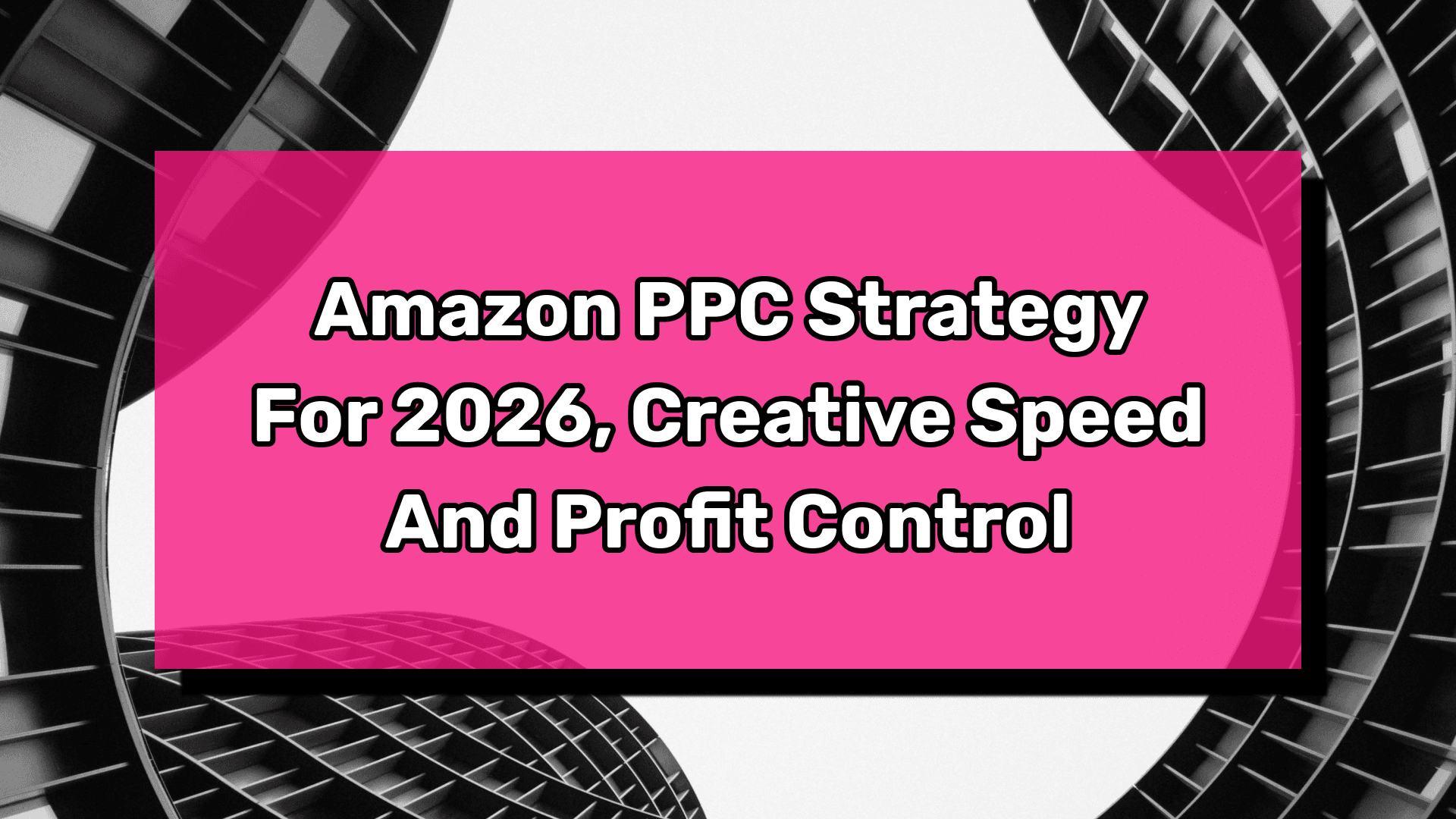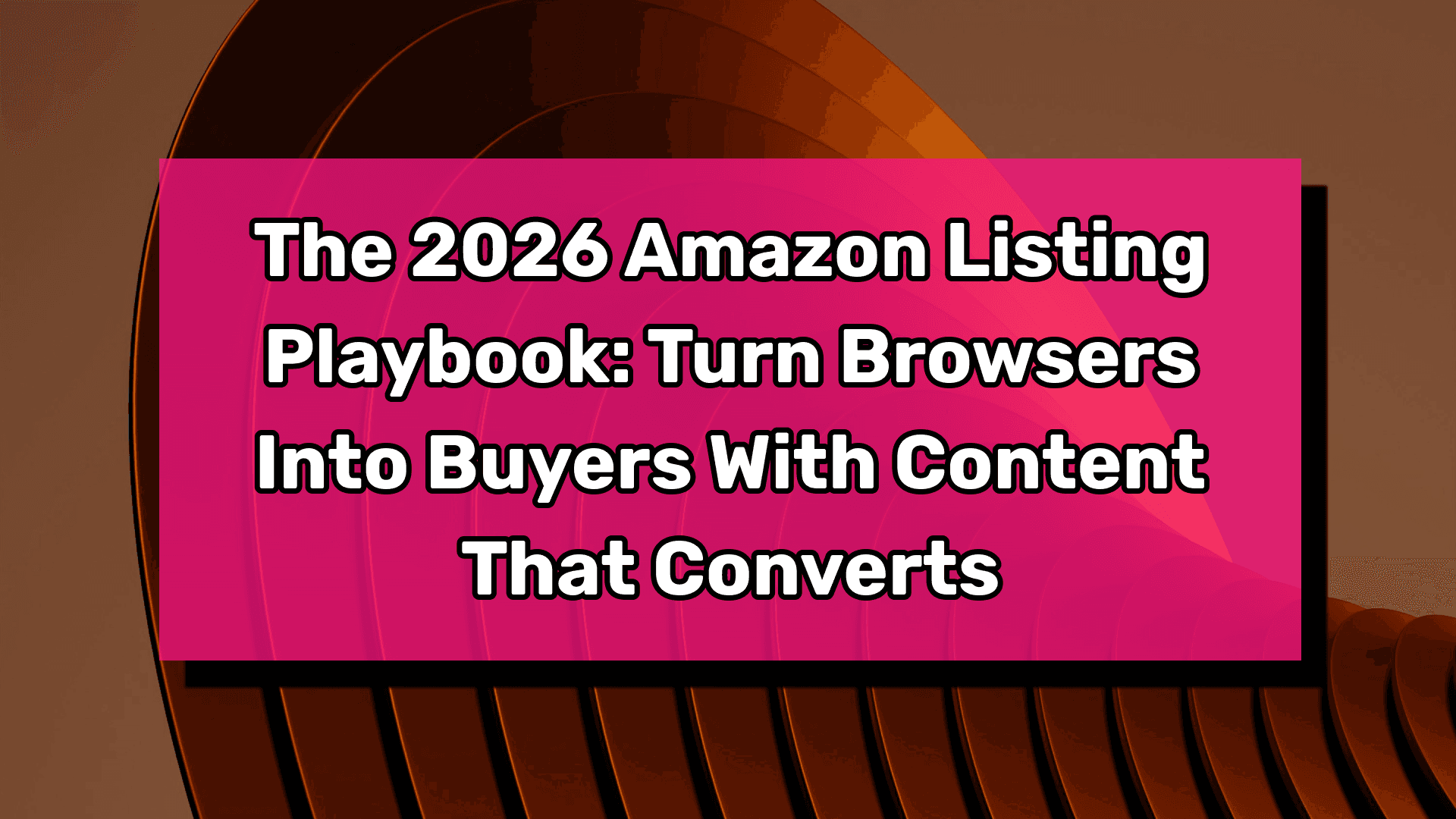In the expansive world of eCommerce, where online visibility is currency, leveraging e-commerce influencer marketing has become an indispensable strategy. Influencer marketing involves partnering with individuals who have influence over potential buyers to promote products or services. For eCommerce sellers striving to reach new audiences and enhance their online presence, the power of influencers is unparalleled.
Relevance in eCommerce Industry
In a landscape cluttered with innumerable products and brands, influencers act as a beacon, guiding consumers through their authentic and relatable content. They create a sense of trust and reliability around your brand, making them invaluable assets in today's digital marketing ecosystem. As Shawn Silverman, VP of Marketing at Drip declared, “Influencers bring a human element to eCommerce,” allowing sellers to humanize their brands, forge real connections, and build long-lasting relationships with consumers.
Benefits of Influencer Collaborations:
The rewards of collaborating with influencers are multifaceted. They not only expand brand visibility but also elevate brand credibility, augmenting user engagement and conversions. A meticulously chosen influencer can bring your product closer to the target audience, offering a personalized touch and fostering a community around your brand.
Identifying and Approaching Influencers:
Identifying the right influencers is crucial. Look for individuals whose followers align with your target demographic and share values with your brand. Use social listening tools to find influencers who are already talking about your niche or products similar to yours. When approaching influencers, be clear about your expectations, goals, and compensation. Personalize your outreach and explain why a collaboration would be mutually beneficial.
Types of Influencer Marketing Campaigns:
Various campaign types serve different purposes:
1. Reviews: Suitable for introducing new products, detailed reviews provide in-depth insights, strengthening buyer’s decision-making.
2. Unboxing: These create anticipation and excitement, unveiling products in a real-world context.
3. Sponsored Posts: A versatile option to increase brand awareness, sponsored posts are excellent for showcasing products in a natural setting.
Choosing the right campaign depends on your goals, be it boosting awareness, engagement, or conversions.
Measuring Success:
The significance of tracking ROI in e-commerce influencer marketing campaigns cannot be overstated. It's vital to determine the success of your campaigns to optimize future strategies. Use UTM parameters, trackable links, and promo codes to monitor traffic and conversions stemming from influencer content. Assess engagement rates, follower growth, and conversion rates to measure the overall impact of the campaign on your brand.
An example that epitomizes the efficacy of influencer marketing is the collaboration between the fashion eCommerce brand, Revolve, and a plethora of influencers. By strategically partnering with influencers, they experienced a surge in brand awareness, credibility, and subsequently, sales. This illustrates how establishing authentic connections with influencers can yield substantial dividends for eCommerce sellers.
In conclusion, e-commerce influencer marketing is a formidable tool for eCommerce sellers seeking to reach new pinnacles. It provides a gateway to untapped audiences, enhancing brand visibility and credibility. Identifying the apt influencers, selecting suitable campaign types, and meticulously measuring the results are pivotal steps in harnessing the full potential of influencer marketing. In the succinct words of Jay Baer, "True influence drives action, not just awareness," reinforcing the transformative power of influencers in the modern eCommerce panorama.








